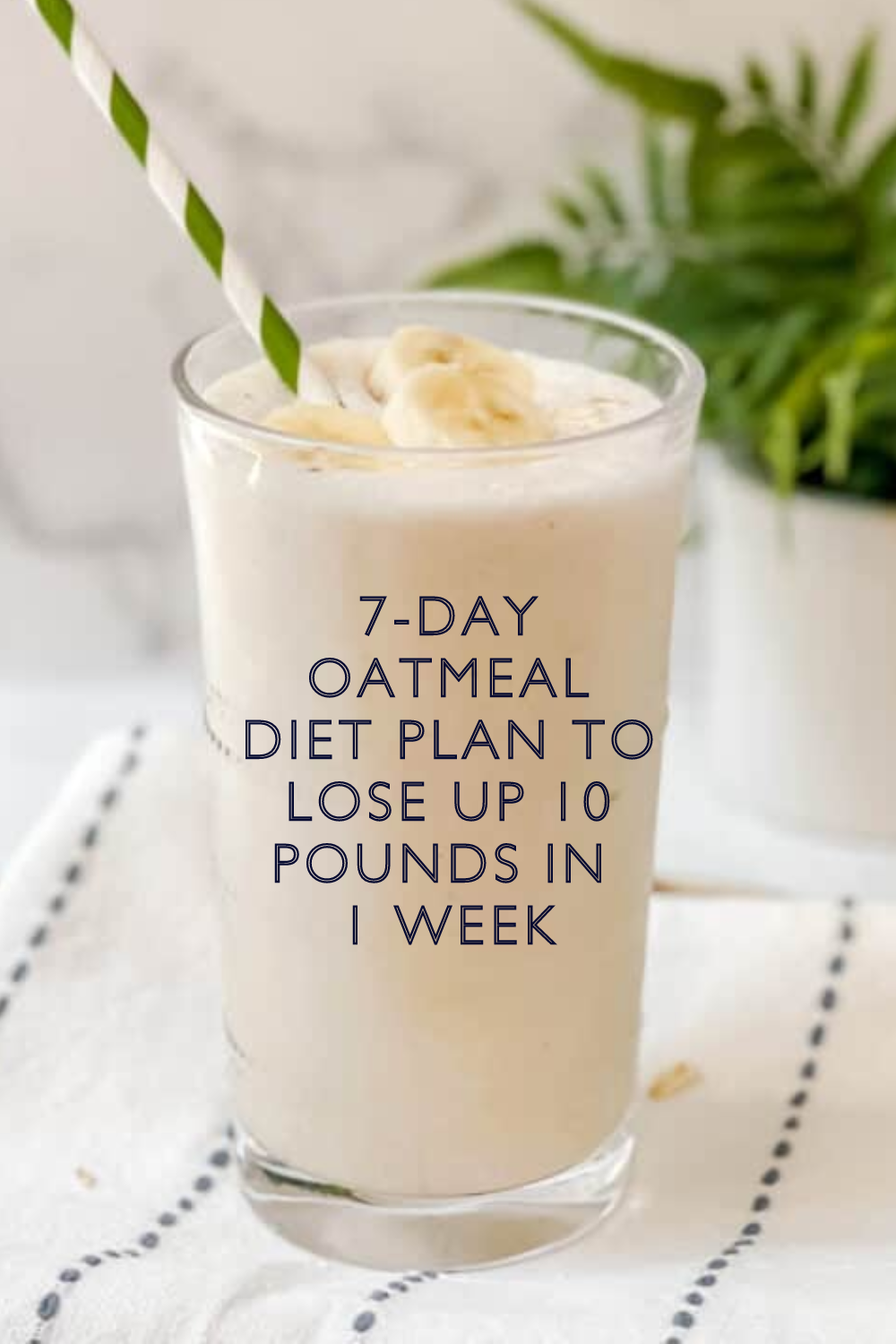
Inflammation is a natural response of the body to injury or infection. However, chronic inflammation can lead to a number of health problems, including obesity, heart disease, and cancer.
An anti-inflammatory diet is a type of diet that is designed to reduce inflammation. This type of diet is typically high in fruits, vegetables, and whole grains, and low in processed foods, sugary drinks, and unhealthy fats.
What is an anti-inflammatory diet?
Inflammation is a natural response of the body to injury or infection. However, chronic inflammation can lead to a number of health problems, including obesity, heart disease, and cancer.
An anti-inflammatory diet is a type of diet that is designed to reduce inflammation. This type of diet is typically high in fruits, vegetables, and whole grains, and low in processed foods, sugary drinks, and unhealthy fats.
What foods to eat on an anti-inflammatory diet?
Foods that contain anti-inflammatory compounds include:
-
Fruits: berries, citrus fruits, cherries, pineapple
-
Vegetables: dark leafy greens, broccoli, cauliflower, tomatoes, onions, garlic
-
Whole grains: brown rice, quinoa, oats, whole-wheat bread and pasta
-
Other anti-inflammatory foods: fatty fish (such as salmon, tuna, and mackerel), nuts, seeds, herbs and spices (such as turmeric, ginger, and cinnamon)
What are the health benefits of an anti-inflammatory diet?
An anti-inflammatory diet can help improve overall health in a number of ways, including:
-
Weight loss: Studies have shown that people who follow an anti-inflammatory diet can lose weight and keep it off.
-
Reduced inflammation: An anti-inflammatory diet can help reduce chronic inflammation, which can lead to a number of health problems.
-
Improved heart health: An anti-inflammatory diet can help improve cholesterol levels and reduce the risk of heart disease.
-
Reduced risk of cancer: An anti-inflammatory diet may help reduce the risk of certain types of cancer, such as colon cancer and breast cancer.
Tips for following an anti-inflammatory diet
Here are some tips for following an anti-inflammatory diet:
-
Focus on eating whole, unprocessed foods.
-
Choose lean protein sources, such as fish, chicken, and beans.
-
Eat plenty of fruits and vegetables.
-
Limit your intake of sugary drinks, processed foods, and unhealthy fats.
-
Cook with herbs and spices instead of salt.
Benefits of an anti-inflammatory diet
There are a number of benefits to following an anti-inflammatory diet, including:
-
Weight loss: Studies have shown that an anti-inflammatory diet can help people lose weight and keep it off.
-
Reduced inflammation: An anti-inflammatory diet can help reduce chronic inflammation, which can lead to a number of health problems.
-
Improved heart health: An anti-inflammatory diet can help improve cholesterol levels and reduce the risk of heart disease.
-
Reduced risk of cancer: An anti-inflammatory diet may help reduce the risk of certain types of cancer, such as colon cancer and breast cancer.
7-Day Anti-Inflammatory Diet Plan
Day 1
-
Breakfast: Overnight oats with berries and nuts
-
Snack: Hummus and vegetables
-
Lunch: Turkey sandwich on whole-wheat bread with avocado and sprouts
-
Snack: Cottage cheese with fruit
-
Dinner: Grilled salmon with roasted vegetables
Day 2
-
Breakfast: Spinach and cheese omelet with whole-wheat toast
-
Snack: Greek yogurt with berries
-
Lunch: Grilled chicken salad with whole-grain crackers
-
Snack: Edamame
-
Dinner: Bean burrito in a whole-wheat tortilla
Day 3
-
Breakfast: Whole-grain cereal with milk and fruit
-
Snack: Trail mix with nuts and dried fruit
-
Lunch: Tuna salad sandwich on whole-wheat bread with vegetables
-
Snack: Dark chocolate and berries
-
Dinner: Stuffed portobello mushrooms with quinoa and vegetables
Day 4
-
Breakfast: Berry smoothie with yogurt and flaxseeds
-
Snack: Walnuts and cherries
-
Lunch: Veggie bowl with quinoa, edamame, and chickpeas
-
Snack: Cottage cheese with berries
-
Dinner: Tofu with barbecue sauce and roasted vegetables
Day 5
-
Breakfast: Breakfast sandwich on an English muffin with poached egg, spinach, tomato, and avocado
-
Snack: Peanut butter and banana pinwheels
-
Lunch: Grilled chicken sandwich on whole-wheat bread with vegetables
-
Snack: Greek yogurt with blueberries
-
Dinner: Sesame salmon with sweet potato fries and roasted broccoli
Day 6
-
Breakfast: Cinnamon oats with apples and almonds
-
Snack: Pistachios and dried fruit
-
Lunch: Gingery chicken and noodles
-
Snack: Hard-boiled eggs and vegetables
-
Dinner: Lentil soup with whole-grain bread

Notes:
-
This meal plan provides approximately 2,000 calories per day. You may need to adjust the portion sizes or add additional snacks depending on your individual needs.
-
Be sure to drink plenty of fluids throughout the day, such as water, unsweetened tea, or herbal infusions.
-
Limit your intake of processed foods, sugary drinks, and unhealthy fats.
-
This is just a sample meal plan. You can mix and match meals and snacks to create your own personalized plan.
Resources:
Anti-inflammatory diet and weight loss
- A 2019 study published in the journal Obesity found that people who followed an anti-inflammatory diet lost more weight and body fat than those who followed a standard diet.
- A 2020 review of studies published in the journal Nutrients found that anti-inflammatory diets can be effective for weight loss and maintenance.
Anti-inflammatory diet and inflammation
- A 2018 study published in the journal Mediators of Inflammation found that an anti-inflammatory diet reduced inflammation in people with obesity.
- A 2021 review of studies published in the journal Frontiers in Immunology found that anti-inflammatory diets can be effective for reducing inflammation in people with various chronic diseases.
Anti-inflammatory diet and heart health
- A 2019 study published in the journal Circulation found that an anti-inflammatory diet was associated with a lower risk of heart disease.
- A 2022 review of studies published in the journal Nutrients found that anti-inflammatory diets can help improve cholesterol levels and blood pressure.
Anti-inflammatory diet and cancer risk
- A 2018 study published in the journal Cancer Epidemiology, Biomarkers & Prevention found that an anti-inflammatory diet was associated with a lower risk of colorectal cancer.
- A 2020 review of studies published in the journal Nutrients found that anti-inflammatory diets may help reduce the risk of certain types of cancer, such as breast cancer and lung cancer.










